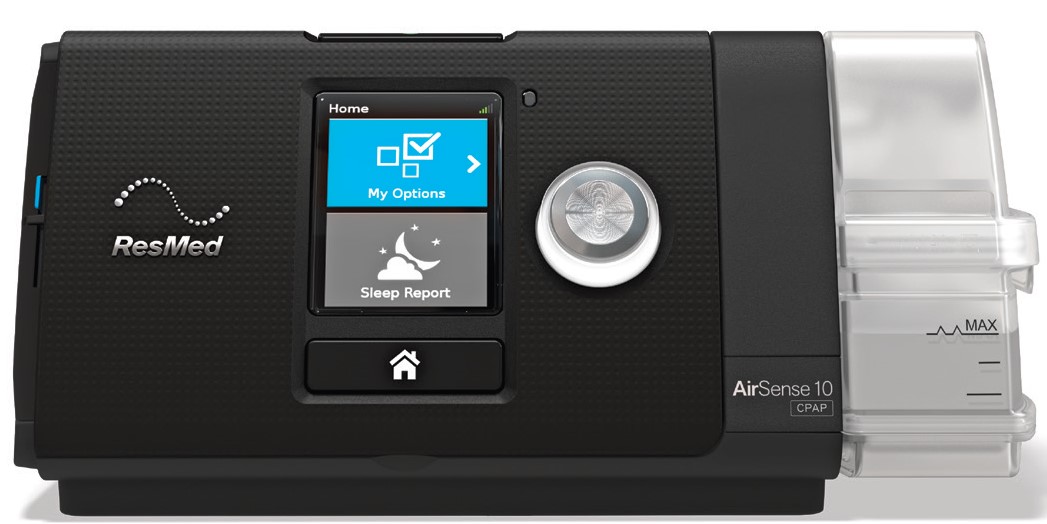
Continuous Positive Airway Pressure (CPAP) therapy is a common and effective treatment for obstructive sleep apnea (OSA) and other sleep-related breathing disorders. It involves the use of a CPAP machine that delivers a constant flow of pressurized air through a mask to keep the airways open during sleep. Here are some of the uses and benefits of CPAP therapy:
1. Treatment of Obstructive Sleep Apnea (OSA): CPAP therapy is primarily used to treat OSA, a condition where the airway becomes partially or completely blocked during sleep, leading to interruptions in breathing. The continuous air pressure from the CPAP machine helps to prevent these blockages and maintains a consistent flow of oxygen, reducing the frequency of breathing pauses and improving overall sleep quality.
2. Improved Sleep Quality: By preventing interruptions in breathing and ensuring adequate oxygen levels throughout the night, CPAP therapy can lead to better sleep quality. People who use CPAP often report feeling more rested, less fatigued during the day, and experiencing improved mood and cognitive function.
3. Reduced Daytime Sleepiness: OSA can cause excessive daytime sleepiness due to disrupted sleep patterns. CPAP therapy helps alleviate this symptom, making it easier for individuals to stay awake and alert during the day.
4. Lowered Risk of Health Complications: Untreated OSA is associated with a higher risk of several health complications, including cardiovascular issues (such as high blood pressure, heart disease, and stroke), diabetes, and cognitive impairments. CPAP therapy can help reduce these risks by improving sleep and maintaining healthy oxygen levels.
5. Enhanced Heart Health: CPAP therapy has been shown to have positive effects on heart health by reducing blood pressure and improving heart function in individuals with OSA and hypertension.
6. Improved Partners' Sleep: OSA can also disrupt the sleep of a partner sharing the bed, due to the loud snoring and intermittent breathing pauses. CPAP therapy can alleviate these disturbances, leading to improved sleep for both the patient and their partner.
7. Enhanced Focus and Concentration: CPAP therapy can improve cognitive function, including memory, attention, and decision-making skills, by ensuring adequate oxygenation during sleep.
8. Reduced Risk of Accidents: Excessive daytime sleepiness caused by untreated OSA can increase the risk of accidents, especially while driving or operating machinery. CPAP therapy can help mitigate this risk by improving alertness during waking hours.
9. Weight Management: OSA and obesity are often interconnected. CPAP therapy can contribute to weight management efforts by improving sleep quality, which in turn can help regulate appetite hormones and support weight loss.
It's important to note that while CPAP therapy offers numerous benefits, its success depends on consistent and proper use. Some individuals may find the initial adjustment challenging, particularly getting used to wearing a mask while sleeping. It's advisable to work closely with a healthcare professional to ensure the correct CPAP settings, mask fit, and regular follow-ups to monitor progress and make any necessary adjustments.

